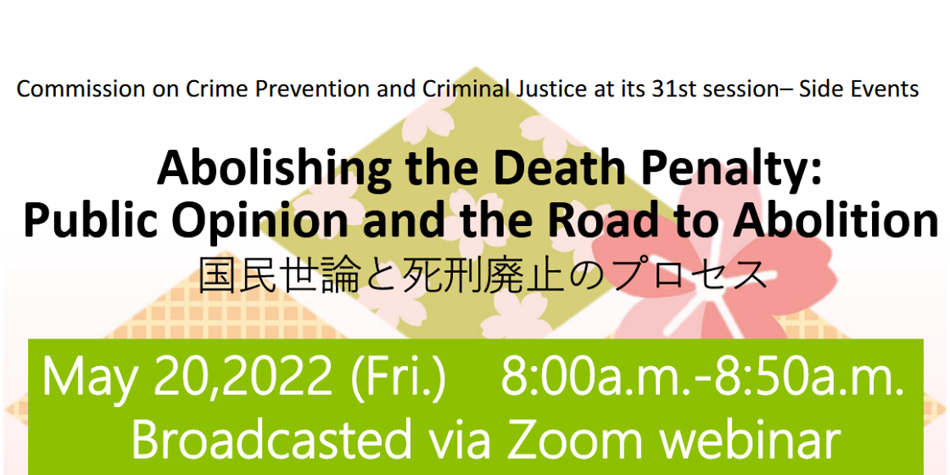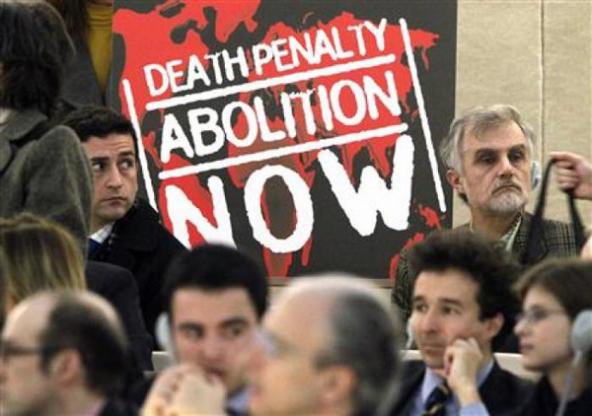
Lindy Lou Juror #2
Jurors operating in the shadow of criminal justice
It must be admitted this film directed by Florent Vassault does not look like an abolitionist and militant documentary. The passion that animates this film and the feelings that inhabit the viewer throughout the 84 minutes are not those of activism but those of understanding and desire to speak. To speak simply, humanly, sincerely, without hesitation, and to discuss about the death penalty.
Lindy Lou, the main protagonist in this documentary, was juror on a murder case in Mississippi. In 1994, its 11-member jury (plus an alternate) sentenced a man, Bobby Wilcher, to death.
For Lindy Lou this week was trying and changed her life. Her meeting with Florent Vassault allows her to reflect on the feelings that have inhabited her since then.
Originally the director was thinking of building the movie around Lindy Lou, which she would tell the jury, the stages they went through before pronouncing the death sentence. In reality, as the documentary and the meetings that follow, the film is based more on "the twenty years that followed, on how this decision [the pronouncement of the death penalty] worked for these men and women.”
A different target, a wider audience
This documentary is therefore neither abolitionist nor militant, created not to justify the abolition of the death penalty but to focus on an audience that we have little tendency to listen to in the abolitionist field (and for reason). Florent Vassault makes the bet to mediatize differently this white America of Trump of the rich districts. Far from remaining focused on the usual clichés (firearms, racism, etc.), this documentary also opens the minds of those people who live and see things differently. The public could then be varied, abolitionist, retentionist, sceptical, Lindy Lou herself was not against the death penalty.
What is important in this documentary is the impact of this conviction on these 11 people… an impact more or less strong in some, one of the jurors having forgotten everything, not even remembering the conviction.
An underlying question on abolition education
Beyond the people directly affected by the conviction of Bobby Wilcher, his family and certain members of the jury, the documentary deals with a more distant audience. The jury family. They experienced the pain and suffered seeing their mother, in Lindy Lou’s case, torture herself for over twenty years. It would seem that educating one’s relatives when one has had such an experience is beneficial in raising their awareness of the issue of abolition.
Thus, one of the questions that constantly emerges is the one of the first scene where Lindy Lou asks her 13-year-old granddaughter, "Could you sentence a man to death?” The answers are varied and never very precise.
This scene echoes one of the last scenes in the documentary in which Lindy Lou meets the president of her jury, Kenneth Branch, juror #1, and talks with him, his wife and daughter. The latter explains that she could not sentence a man to death, that "it does not belong to me"; Lindy Lou in the background retorts"nor to the State".
This last scene allows everyone to really think about who this decision should belong to, if not to anyone.
For more informations:
Associations contact : Phillippe Hagué, hague.philippe@gmail.com
Distribution: JHR films 09.50.45.03.62 – info@jhrfilms.com






